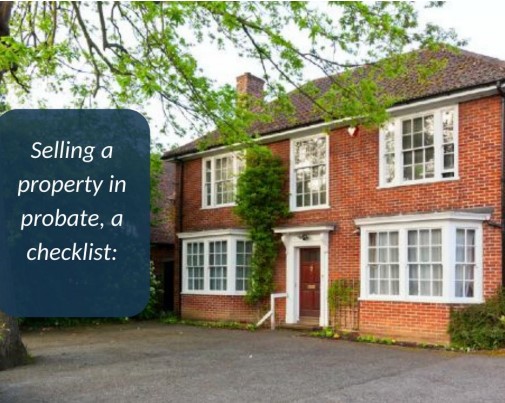Pressure on the Chancellor Increases Amidst Growing Fears of Housing Bubble
Average national house prices rose by 3.9% in May, the highest monthly increase since 2002, stoking the fire that is currently being lit under Chancellor George Osborne in an attempt to force him to tackle the threat the burgeoning housing bubble poses to the economy. The hike in house price inflation means the average cost of a home in the UK went from £177 648 to £184 464.
In the wake of the report Howard Archer, chief UK economist at IHS Global Insight, said:
“The 3.9% month-on-month jump in house prices in May reported by the Halifax is…at face value unsettling for policy makers.”
The report, issued by Halifax, comes on the back of warnings issued this week by both the International Monetary Fund and the European Commission that house prices need to be reigned in to safeguard the nascent economic recovery.
Christine Lagarde, head of the IMF, questioned the government’s flagship Help to Buy scheme and expressed concerns that many borrowers will be left dangerously exposed when interest rates begin to rise again. Speaking from the organisation’s Washington DC base, Lagarde said that:
“a steady increase in the size of new mortgages compared with borrower incomes suggests that households are gradually becoming more vulnerable to income and interest rate shocks.”
Addressing the Help to Buy policy directly, she went on to advise that:
“the Treasury may wish to consider whether it should be modified or even remains necessary for the full three years of the policy. And as the volume of high loan-to-value transactions rises, the financial policy committee will need to evaluate if the programme is contributing to financial risks.”
Financial recommendations issued by The European Commission on Monday also expressed concerns about property prices and the risk of house buyers overstretching their finances in order to obtain mortgages. The EC report advised the Treasury to “deploy appropriate measures to respond to the rapid increases in property prices in areas that account for a substantial share of economic growth.” The executive branch of the European Union also warned that Phase Two of the Help to Buy scheme should be reviewed and modified before being rolled out.
Further pressure on George Osborne to act on the house prices issue has come from the general public themselves, with a recent national newspaper poll showed that 55% of people are worried about high property prices. These findings echoed the results of an Ipsos Mori poll conducted in October of last year, which showed that 57% of the public thought high house prices were a bad thing.
The Financial Policy Committee of the Bank of England has also urged policy makers to take steps to ensure that home buyers do not financially overstretch themselves by taking out unaffordable mortgages in order to buy houses.
However, George Osborne seems somewhat belligerent in the face of all this concern. Though he conceded last night that he agreed with the IMF that house price inflation and high levels of debt amongst homebuyers had to be closely monitored, he showed no sign of changing his policies at any time in the near future. Speaking on BBC Radio in response to Lagarde’s comments, Mr Osborne said:
“I agree with Christine Lagarde that we need to be alert to the build-up of debt in the housing market. We need to be alert when we see house prices rising.”
Yet the Chancellor once again insisted the responsibility for affecting house price inflation lay with the Bank of England, reiterating his oft repeated mantra that he had
“given the Bank… tools to do the job, and they should not hesitate to use those tools if theyoni see these developments turning into a risk to the British economy.”
However, Halifax’s figures show that the housing market may not be starting to cool as regulators hoped it would, despite recent measures taken by the Bank to make it more difficult for home buyers to obtain a mortgage. This has led some economists to claim that the Bank of England, and Mr Osborne himself, should be doing more to tackle the problem of house price inflation before it becomes “a risk to the British economy”.
If you have concerns that the bubble may be about to burst and wish to sell your home before it does, National Homebuyers can help. We are a company of nationally respected house buyers that specialises in quick house sales. We buy your house from you ourselves, with no middleman or need for a property chain, thus allowing you to sell your house fast. So if you are looking to sell your house, give us a call or fill out the online form on this page now.





